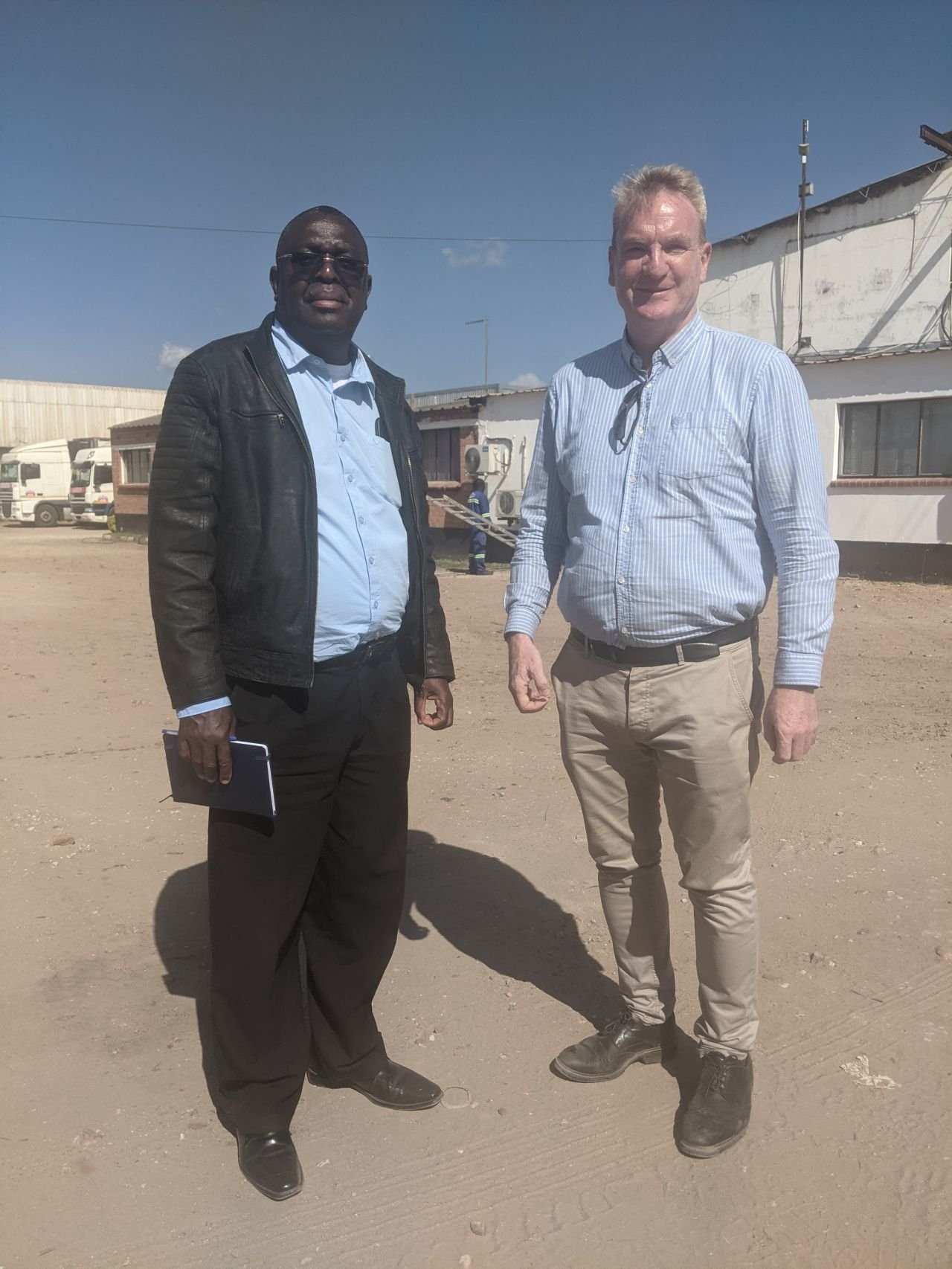Social impact
Societal impact research methods will involve both qualitative and quantitative data collection methods.
For qualitative data, in-depth interviews and focus group discussions are being conducted. Whereas for quantitative data, a survey questionnaire has been designed and administered to the respondents. The selection of respondents was done using purposive and snowballing sampling methods. Qualitative data will be analysed using content analysis, while descriptive statistics will be used to analyse quantitative data.
As a catalytic innovation REHEATZ has the potential to create systemic social change through scaling and replication, to stimulate changes in mindset at industrial level and to foster sustainability transitions through time.
We are working closely with ZamBeef PLC to develop a corporate social responsibility plan to bring the benefits of the innovation back to the community, including a social impact assessment on the implementation of this. We will estimate the number of beneficiaries in the communities arising from the innovation and measure its proximate effects within the project time-frame.
We have conducted baseline surveys of Zambeef employees and meat providers to assess attitudes to sustainability at the beginning of the project. The survey will then been conducted again at project end to identify attitudinal and practice-oriented changes to business models.
As such the project will assess the ways in which a technical innovation may foster, reinforce or disrupt previous patterns of practice and assess their implications for wider adoption and socio-technical regime transition.


